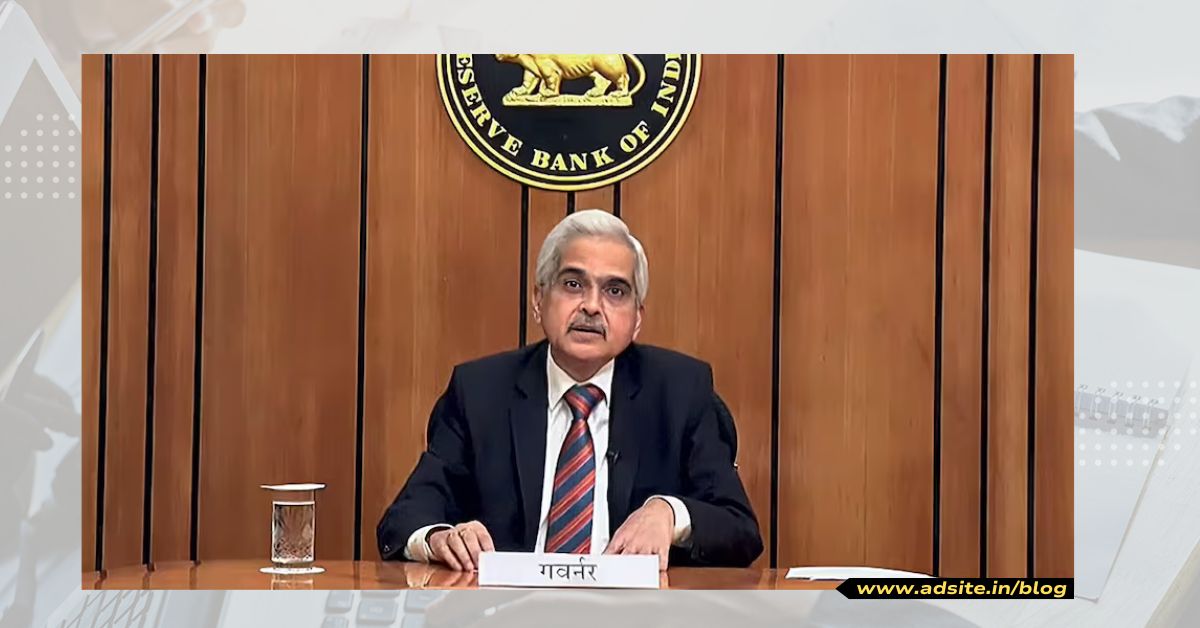In the fifth bi-monthly monetary policy committee review of the current financial year, the Reserve Bank of India has not changed the repo rate for the 11th consecutive time. It has been kept at 6.5 percent. The RBI governor has announced a reduction of 50 basis points in the cash reserve ratio in two phases. Currently it is 4.5 percent. Decreasing the CRR will increase liquidity in the market and will give a boost to the economy.
What is Cash Reserve Ratio
Every bank has to keep a part of its total deposits as reserve with the Reserve Bank of India. This part is called the CRR of a bank. Currently it is 4.5 percent. Its main purpose is to control liquidity in the banking system and control inflation. By reducing CRR, banks will have more funds available, which they can lend more. This will directly promote investment, which will boost the country’s economy.
If inflation rises, RBI increases CRR so that banks have less funds available to give loans. By doing this, liquidity in the market decreases and prices fall. But when economic growth slows down, RBI can reduce CRR. This makes more funds available to banks, increasing liquidity in the market. The economy gets support due to increased flow in the market.
Economic growth reduced
Despite India’s economic growth falling to a 7-quarter low of 5.4 percent in the last quarter, the Reserve Bank of India did not change the main benchmark rate as inflation remains high. Considering the current situation, RBI has reduced the economic growth rate forecast from 7.2 percent to 6.6 percent.
RBI Governor Shaktikanta Das said
RBI has raised the retail inflation forecast to 4.8 percent from 4.5 percent in the current financial year. RBI Governor Shaktikanta Das gave information about these decisions taken in the three-day meeting of MPC which has started. He said that MPC has decided to keep the policy repo rate unchanged.
Also read : If you want to get good returns in a low volatility market, invest in this scheme
Out of 6 members of the committee, 4 voted in favour of keeping the policy rates stable while 2 were in favour of changing it.
There will be no change in EMI
Repo rate is the interest rate at which commercial banks borrow money from the central bank to meet their needs. RBI uses this rate to control inflation. Repo rate remaining unchanged means that there is less possibility of change in monthly installment (EMI) on all loans including home and vehicle.
